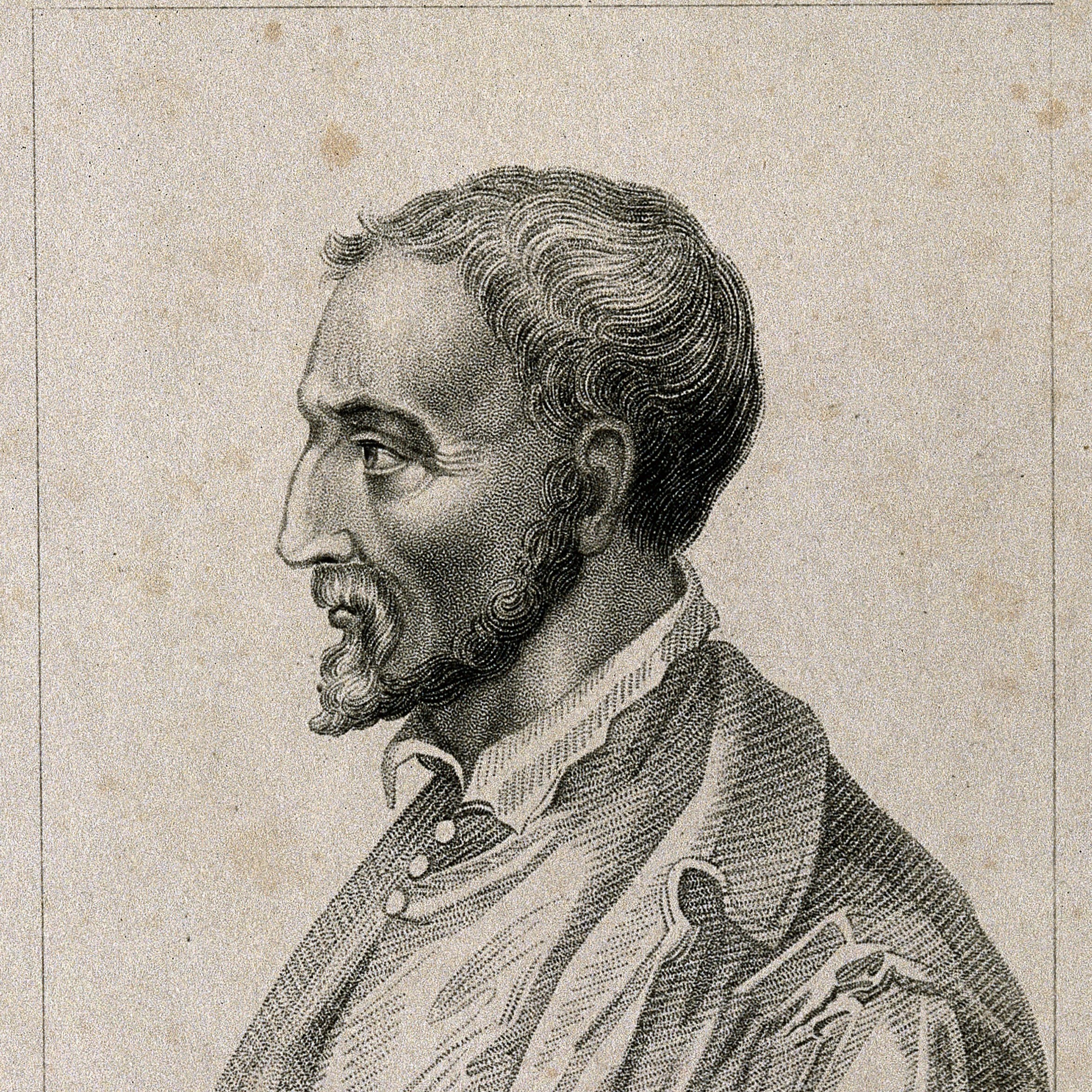
Girolamo Cardano
Cardano was born in 1501 in Pavia, Italy He bew was well known in many fields of the Renaissance including mathematics, medicine, astrology, and philosophy.
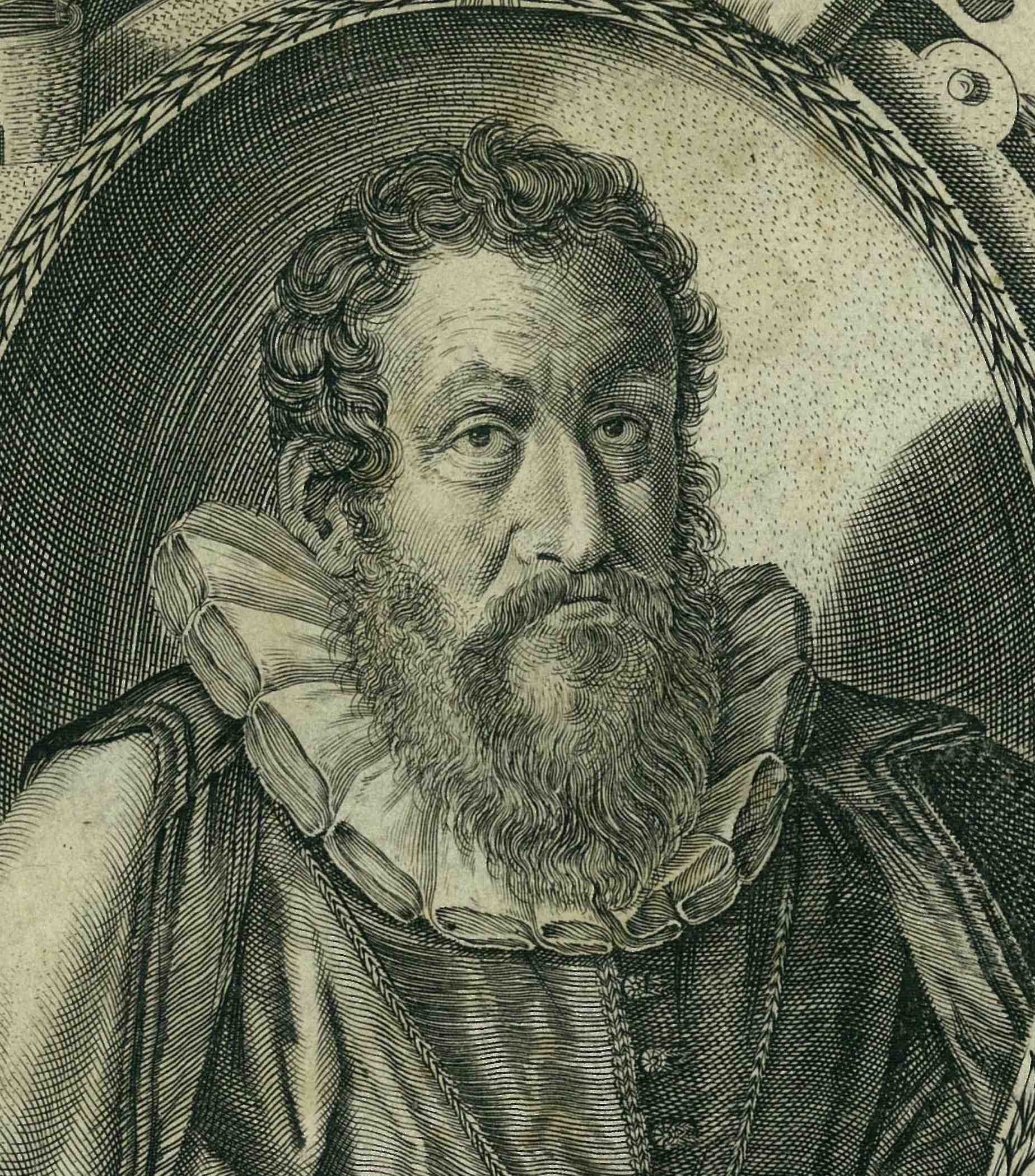
Cardano suffered a lack of funds, yet he was avid to learn resulting in his numerous accomplishments. He had great achievements on algebra, the probability theory, and number theory. Cubics and quartics were the focus of his work “Ars Magna” published in the year 1545, which paved way for the mathematicians of the later periods.
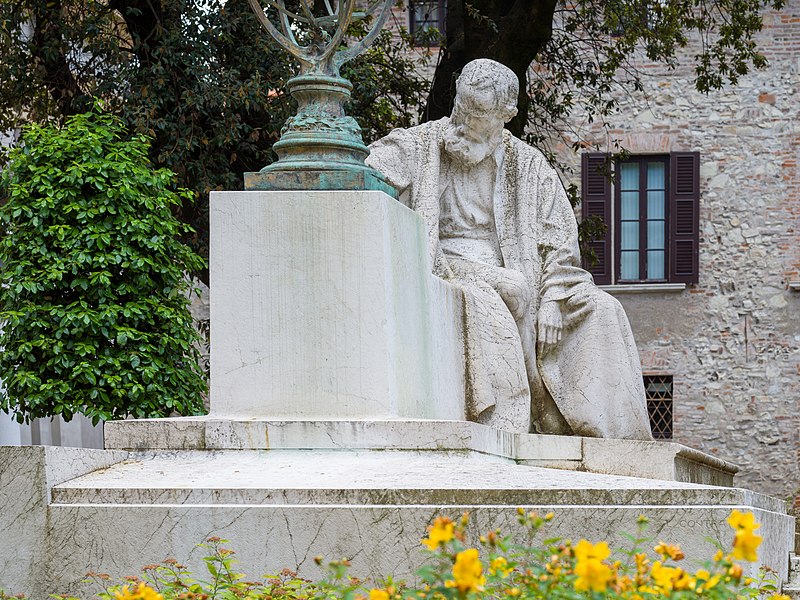
There is no doubt that Cardano’s investigations into chance paved the way for this field that is now known as the theory of probability. He even had a fairly deep understanding of randomness and uncertainty, which also pointed at his highly developed intelligence.
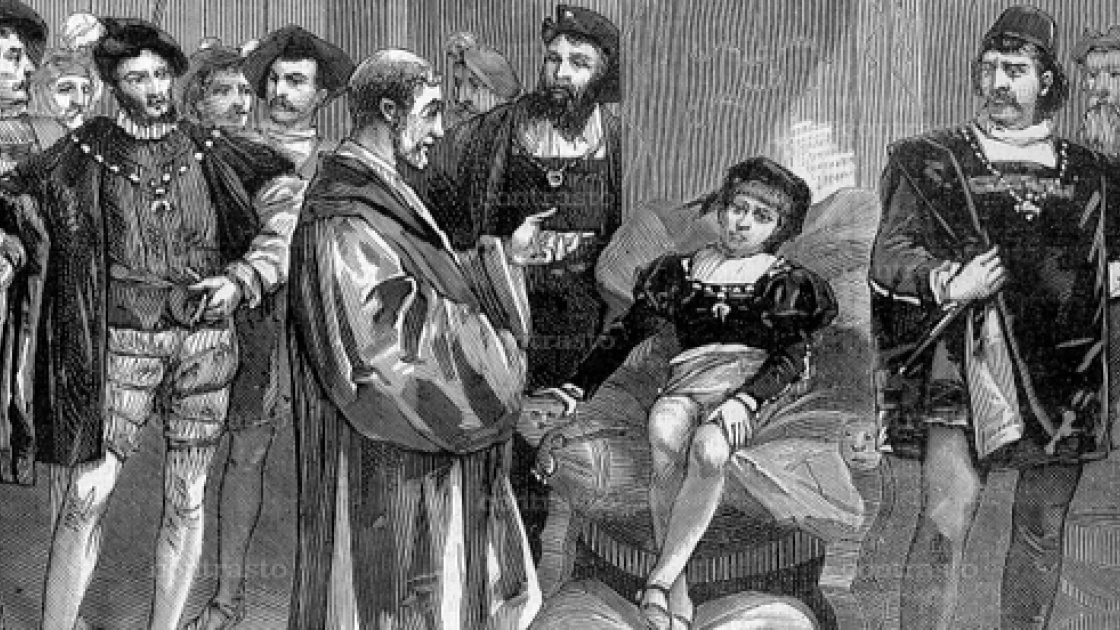
Aside from that, Cardano was a physician and an astrologer who delved in the area of human anatomy and the effects of the stars to a human being’s destiny. This was typical for the scholars of the Renaissance period who believed in discipline interconnection.
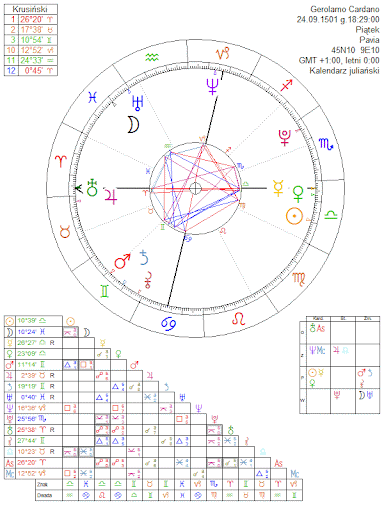
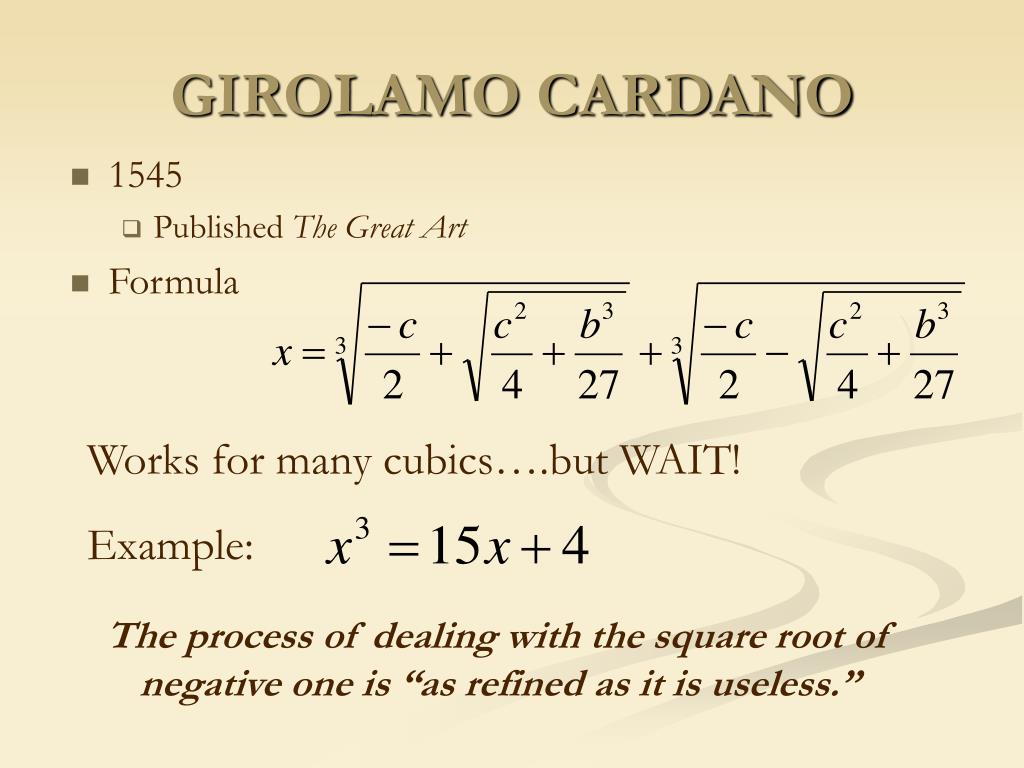
Cardano’s life that can be characteristic for many aspects as satisfaction and struggle illustrated the whole Renaissance movement that sees the world in a certain way. Nonetheless, his lectures at such institutions and participation in the scientific community pointed to the general influence he had. In addition to this, his character was well seen through his ability to cope with all sorts of adversities.
Thus, Cardano’s tradition is the true embodiment of the Renaissance idea of curiosity. Even today his inventions in mathematics and medicine remain a source of primary inspiration to anybody who in pursuit of truth in the universe. Girolamo Cardano is best remembered as a huge encourager of man’s unreasonable need to gain as much knowledge as possible.